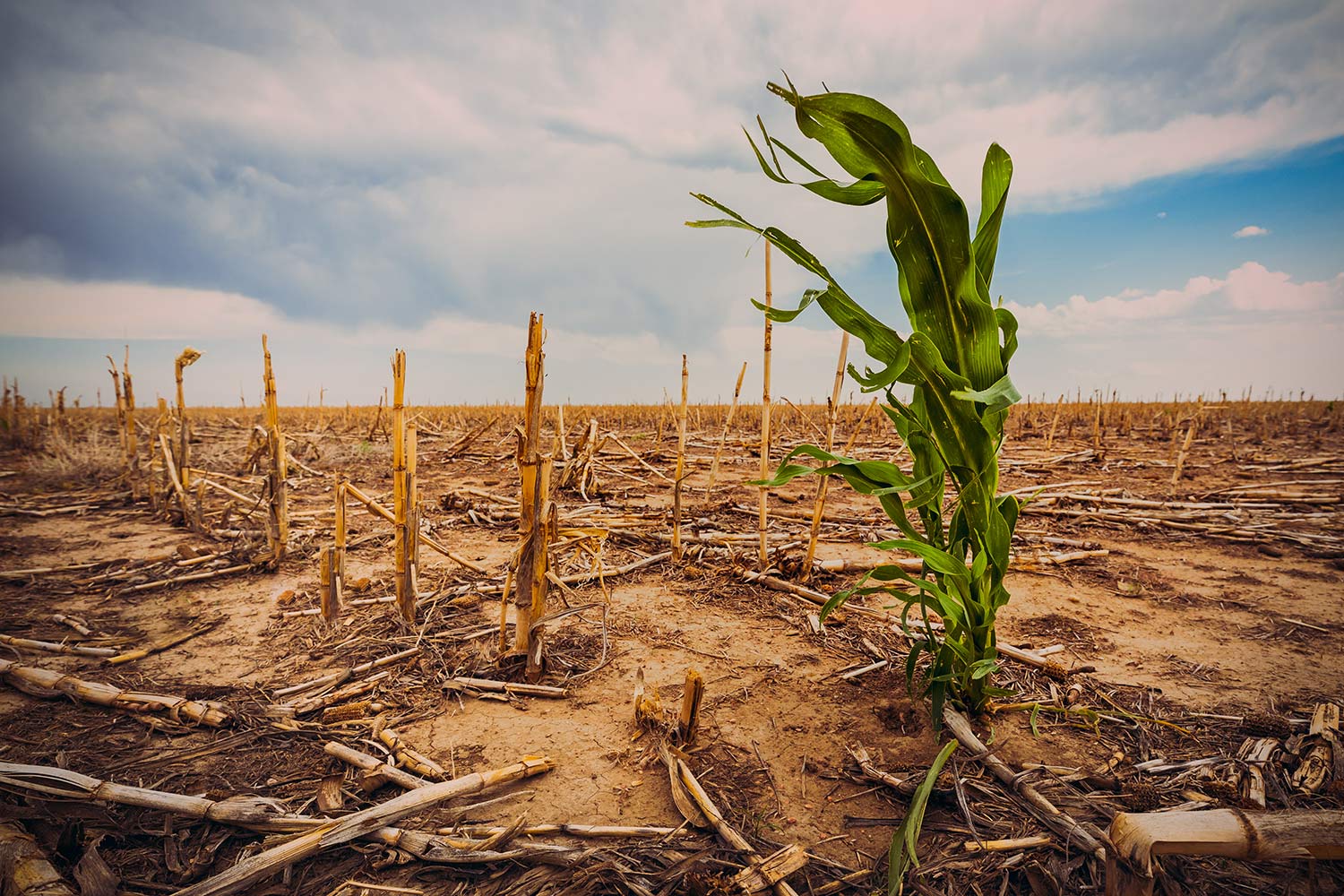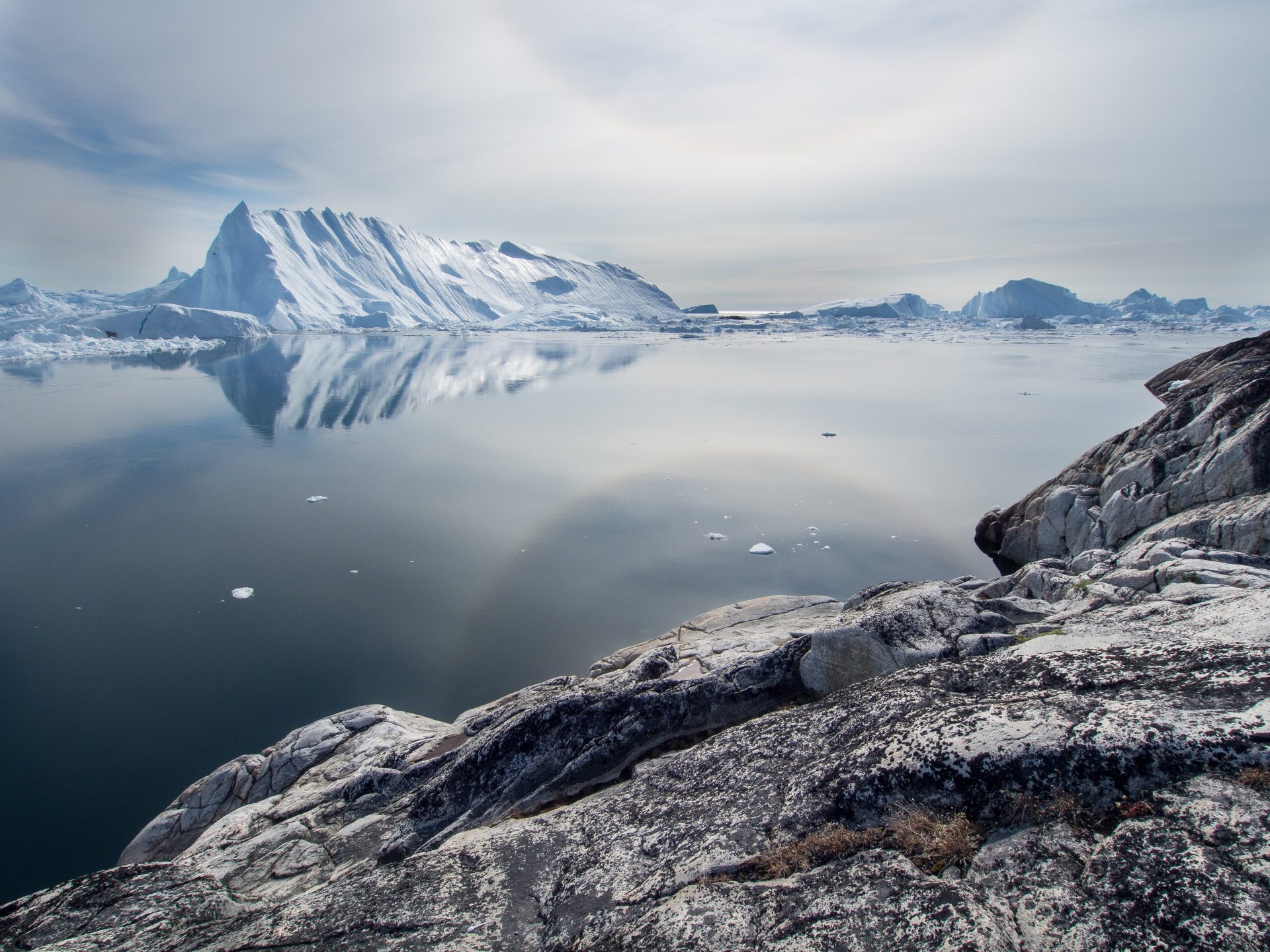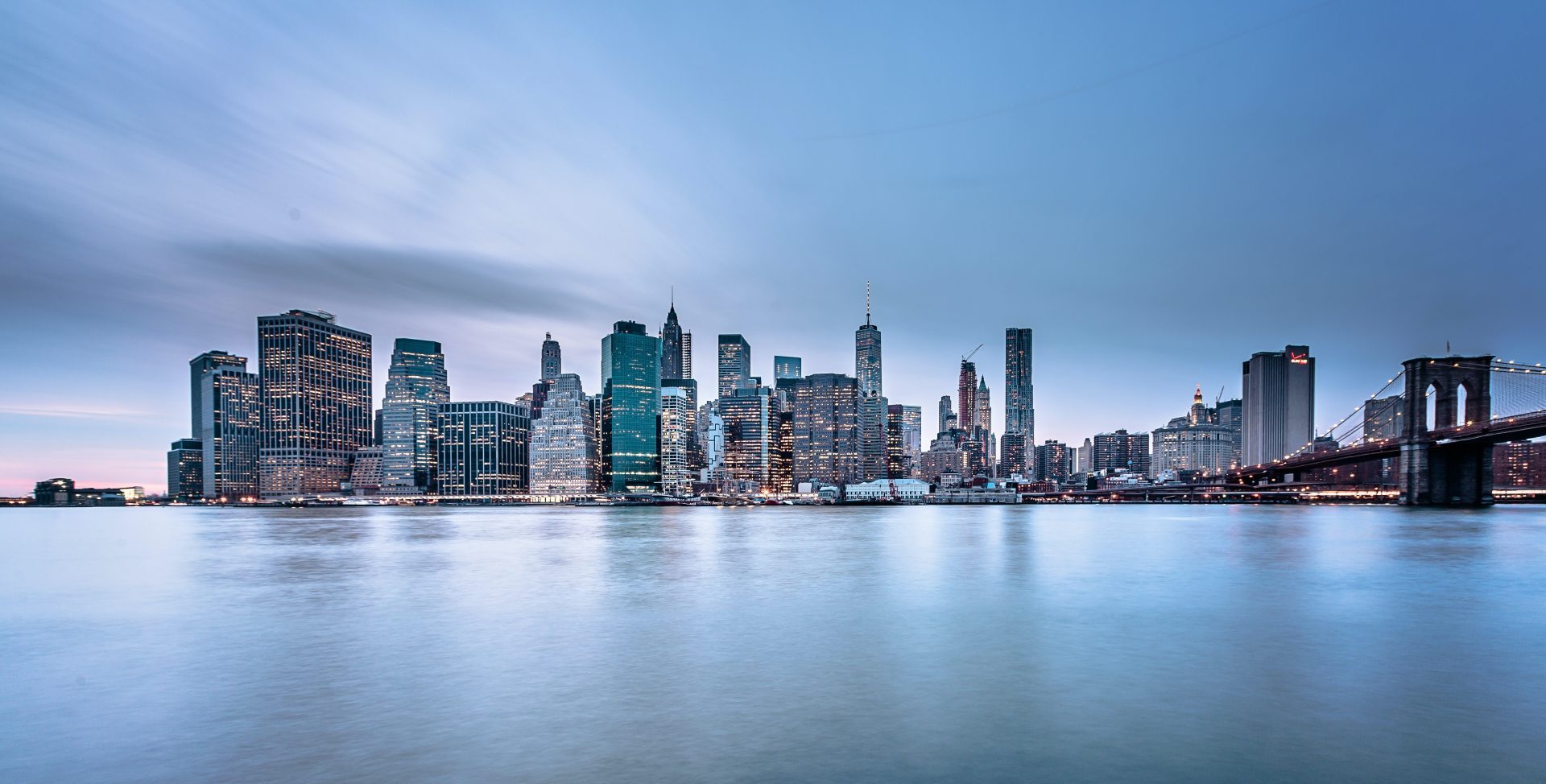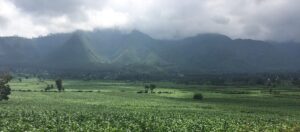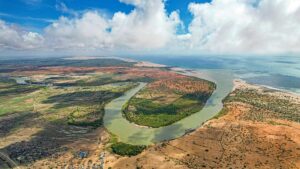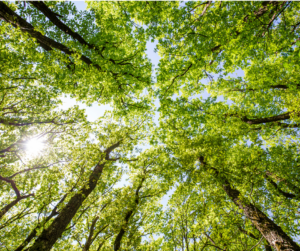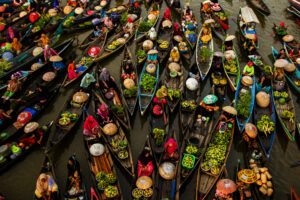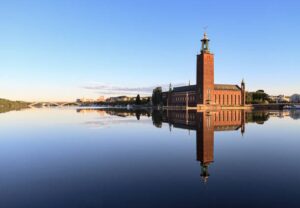Guide to 2023 – a crucial year for water
2023 is a special year. It could be the moment when the world finally wakes up to the gravity of the water crisis – and decides to do something about it.
Hopefully, it will also be the breakthrough year when people understand how water can be a powerful tool to build resilient societies. Here is a guide to important events that could make this happen.
UN 2023 Water Conference (22-24 March)
This event is held at the United Nations headquarters on 22-24 March and is the first UN conference on freshwater in almost 50 years. The UN 2023 Water Conference should ensure that the world really delivers on the water-related agreements already made and serves as a mid-term review of the Water Action Decade (2018-2028).
The conference will be focusing on all the 17 Sustainable Development Goals of the 2030 Agenda since water plays a critical role for all of them. But SDG 6 will receive special attention since it is specifically dedicated to water – and is alarmingly off track. According to the Global Accelerator Framework for SDG 6, a fourfold increase in ambition is needed.
The UN 2023 Water Conference will include six plenary meetings and five interactive dialogues, as well as a range of side events. The official outcome will be a document summarizing the proceedings but also a Water Action Agenda to drive change.
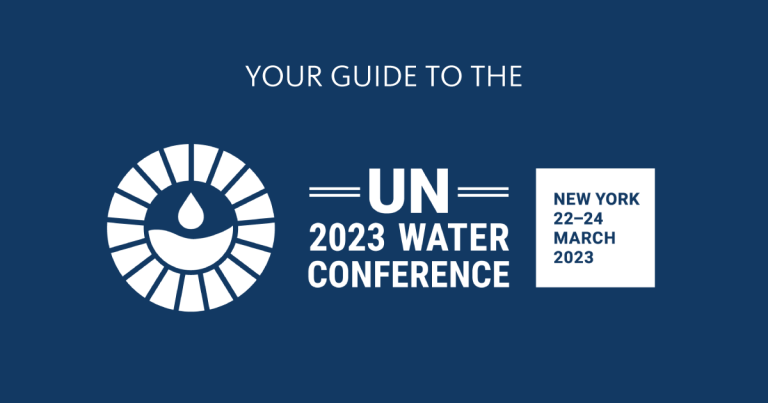
Your Guide to the UN 2023 Water Conference
Get a quick overview of what the UN 2023 Water Conference is and what to expect.
Download your guide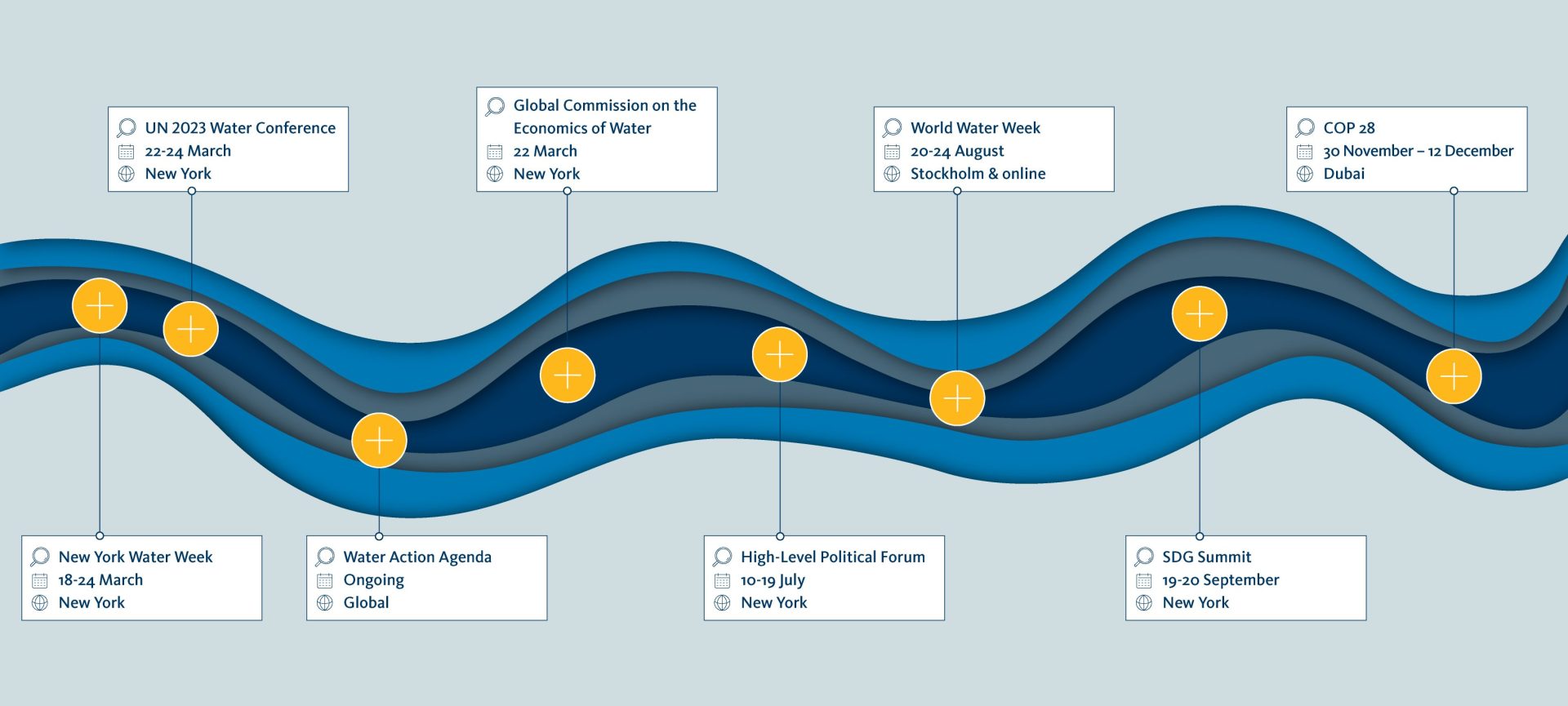
Water Action Agenda
The Water Action Agenda is an initiative by the co-hosts the Governments of the Netherlands and Tajikistan to fast-track water action. It is a platform for game-changing initiatives that will improve how water is used, managed, and valued.
Not only governments can make commitments but also cities, organizations, and businesses; what matters is that the initiatives are tangible and actionable. More commitments can be added also after the UN 2023 Water Conference.
New York Water Week (18-24 March)
The New York Water Week is an independent public event, organized by the governments of the Netherlands and Tajikistan together with the City of New York. The idea is to invite everyone to be part of the important global movement for water. During the week, New York will be filled with all kinds of water-related events, organized by local groups, creatives, businesses, and organizations. Many of the events can also be followed online by people in other parts of the world, so stay tuned.
Follow SIWI to New York
On 22-24 March, the United Nations headquarters in New York will host a historic conference on freshwater. SIWI will play an active role to ensure that countries finally tackle the urgent water crisis and deliver on commitments already made.
Learn more about our positions and activitiesGlobal Commission on the Economics of Water
At the UN 2023 Water Conference, the Global Commission on the Economics of Water will present its first report on 22 March. The Commission consists of 17 top experts and is led by Professor Mariana Mazzucato, WTO Director-General Ngozi Okonjo-Iweala, Professor Johan Rockström and Singapore Senior Minister Tharman Shanmugaratnam. Over the course of two years, the Commission will share research to transform our understanding of the economics of water in the same way that the Stern Review broke new ground in 2006 with the first real analysis of climate economics and the 2021 Dasgupta report outlining the economics of biodiversity.
The Commission was invited to give a presentation at the United Nations General Assembly on 7 February. It is also holding its first societal dialogue on 7-9 February as part of the Roundtable on the Financing of Water, organized by OECD and UN-Water.
High-Level Political Forum (10-19 July)
Progress on road to the 2030 Agenda will be tracked in many ways in the coming year. One is the High-Level Political Forum in New York, a yearly event that reviews a handful of SDGs per year.
This year, SDG 6 on water and sanitation is one of them, which means that we will get a better understanding of what are the main barriers to success. But the other SDGs in focus are also closely linked to water: SDG 7 (energy), SDG 9 (industry, innovation, and infrastructure), SDG 11 (cities and communities), and SDG 17 (to strengthen the implementation of the agenda).
World Water Week (20-24 August)
The SIWI-organized World Water Week will take place both in Stockholm and online this year, with online participation free of charge to ensure the broadest possible representation. World Water Week is deeply committed to the Water Action Agenda and will serve as an arena for collaboration and learning to support its implementation. This year’s theme of innovation is of course very timely.
Organizations interested in hosting events to drive water action can do so until 7 March
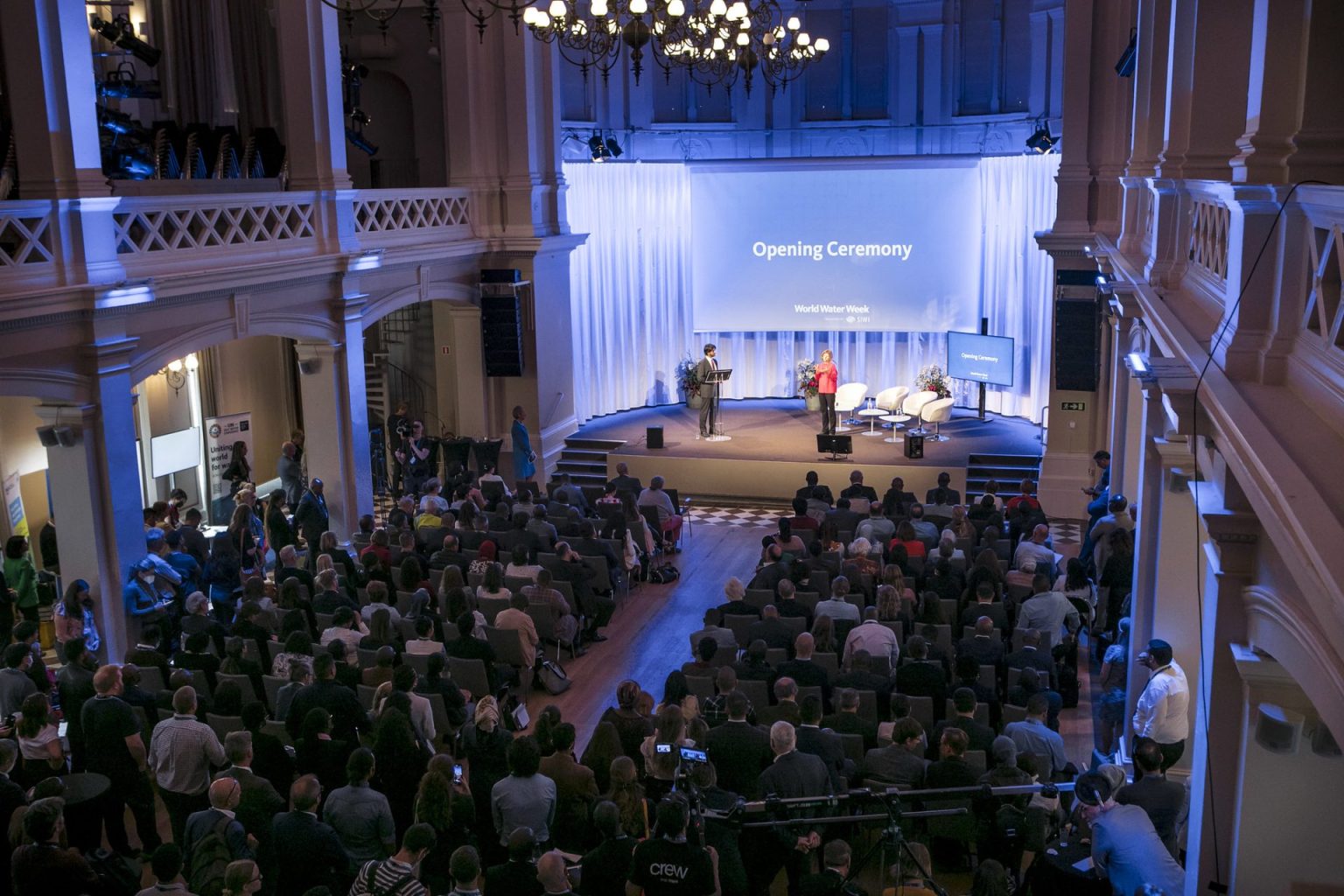
SDG Summit (19-20 September)
The SDG Summit marks the midpoint of the implementation of the 2030 Agenda and should be “the beginning of a new phase of accelerated progress”. The event will take place during the United Nations General Assembly high-level week, with government leaders sharing how they now will up their game.
COP 28 in Dubai (30 November – 12 December)
The climate COP 28 will have plenty of contentious issues to address, from the calls for the phasing out of fossil fuels to how to operationalize the Loss & Damage fund that should be set up. Also on the agenda is the framework for the goal on adaptation and the Global Stocktake that concludes after a two-year assessment of progress on the three themes mitigation, adaptation, and implementation and support.
